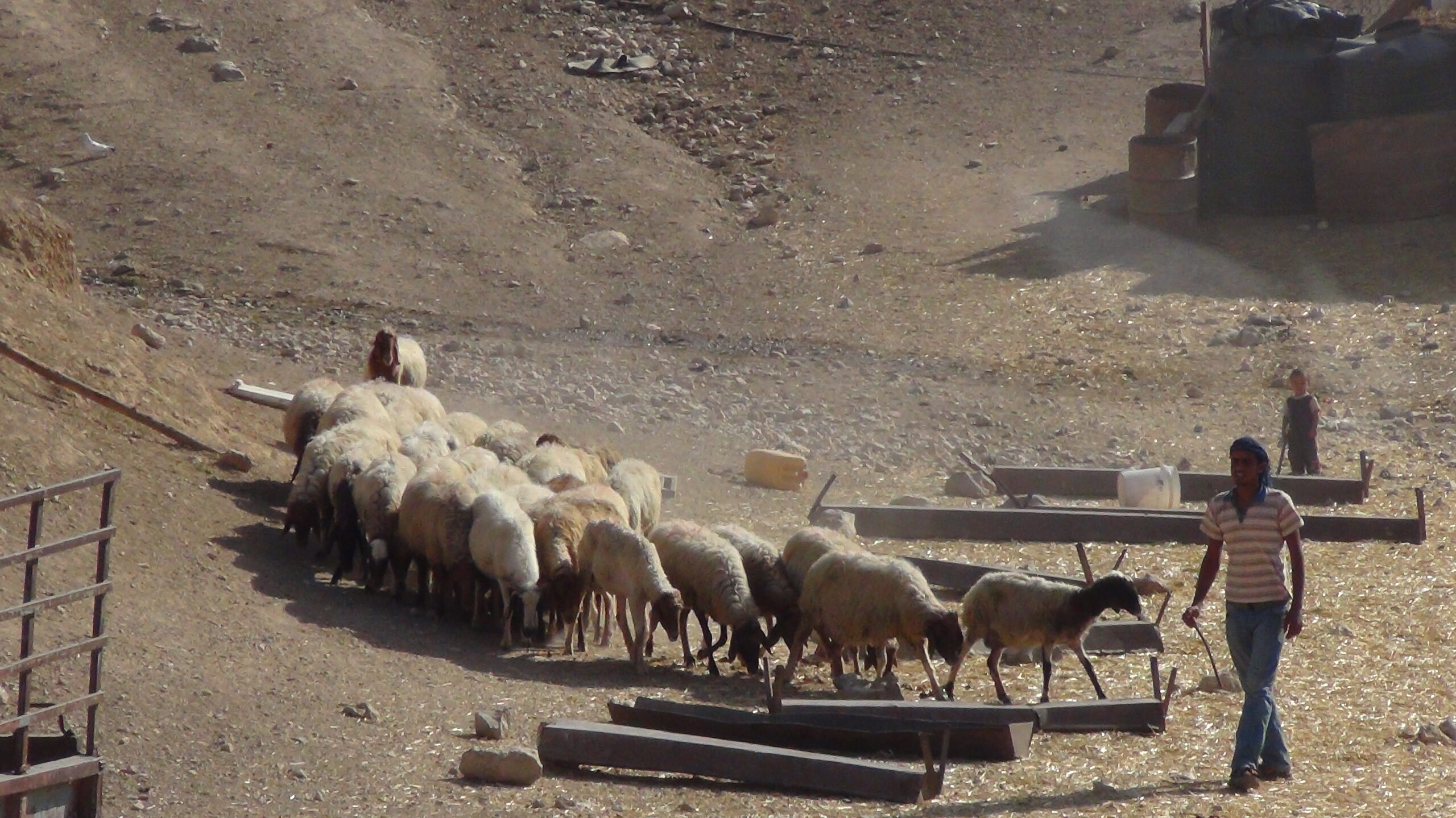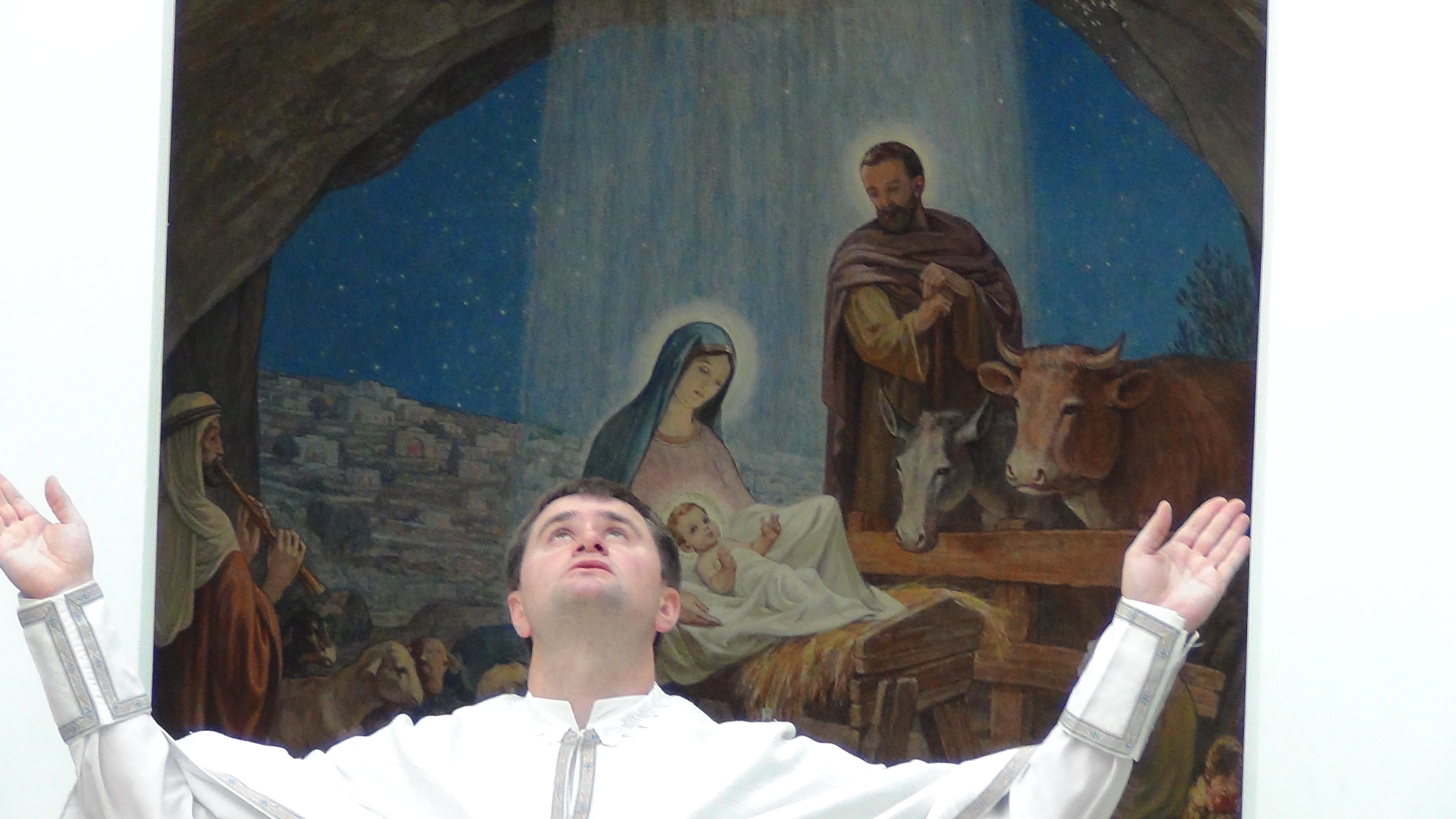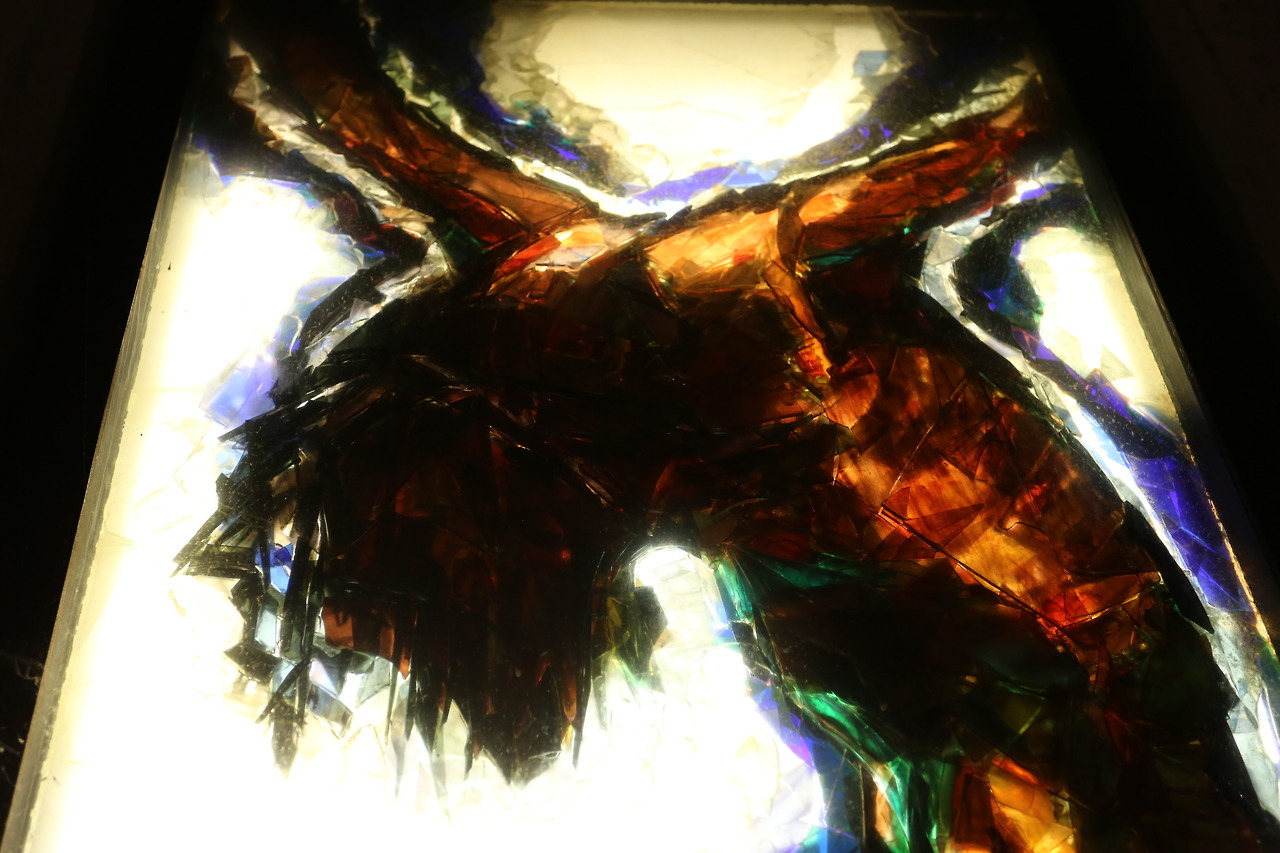Dn. 12: 1-3; Ps. 16:5, 8-11; Heb. 10:11-14, 18; Mk. 13:24-32
“In those days after the tribulation” now becomes our days, the end times in which we live. As we come to the end of ordinary time the readings speak of what is to come in the “end times” or Eschatology. Traditionally this is taken as futuristic, something to come along the historical clock that marks human time. We should however also consider the end of ordinary time in the context of the end of our earthly time and the beginning of the divine life, the glorified state of coming face to face with our Lord and our particular judgement day.
Daniel also speaks of what is to come in those days which is now our inheritance. In other word, Jesus died for us and he is our inheritance here to remain with us when we choose the path of salvation. Jesus is the “path of life”. Jesus is the turnkey of what was predicted and is now with us in our times for the “wise” to shine brightly and the foolish in “horror and disgrace”. As we come to the end of the Church calendar year we are reminded to “remain vigilant at all times” because we never know the hour when our own ordinary time on this earth can[JG1] come to an end.
Who can say they are living the perfect life of holiness ready to “stand before the Son of Man”? We are weak and only through God do we gain the strength to stand before him by remaining faithful to his will. The flesh is weak and often settles for being minimalist when it comes to God. The common sentiment is “I go to Church and I am a good person” and that is enough. I once had someone say to me “I know I am sinning but as long as I go to confession before I die God will forgive me.” Do we really want to be gambling with God? We have a poor understanding of judgment.
Judgment is for everyone. We will all be judged and suffer the pain of our sins and it starts at the moment of our death with purgatory. Purgatory is purifying our souls from the stains of sin that we may be perfect as God calls us to be. We are called to holiness and nothing impure can enter into the glory of God. How long we will suffer in purgatory is being determined today by how little or how much we are dedicated to loving God. God isn’t interested in a “part-time” Christian or a cultural Christian who simply follows the social norms of society. We are to remain in him, to pray always, to offer ourselves up to him in all, through all and with all of our being that our judgment will come to pass quickly. The Mass is the prayer in which we offer ourselves up to him and seek his mercy.
Jesus also speaks of his second coming “in the clouds with great power and glory” to gather his elect. By our baptism we have joined the elect but we remain with our free will to choose to remain in him or go our own way. It only makes sense that what we do with our lives matters to God. As some protestant theology preaches “once saved always saved” is a false teaching. There is a “work” in salvation that we are called to be and do and not everyone is committed to doing the work. The elect comes by being consecrated to him as a daily commitment to the divine will. This is the cross we are to take up daily focused on his coming into our lives. It is a work of joy and celebration done with love.
We are the post resurrection generation that will not pass away until all that he promised is fulfilled. How long will this “generation” last is not ours to know. What matters is the lesson of the fig tree applied to our own lives. God will look to see the fruit of our lives and the growth of our souls. We may appear withered and dying away by our sins, spiritually dead with no life to give. The Lord approaches our “gate” to call us to account for ourselves and we are living in those times. What we call ordinary time we will look back as the extraordinary suffering of our sins and the new ordinary will be the glorious for all eternity.














Recent Comments